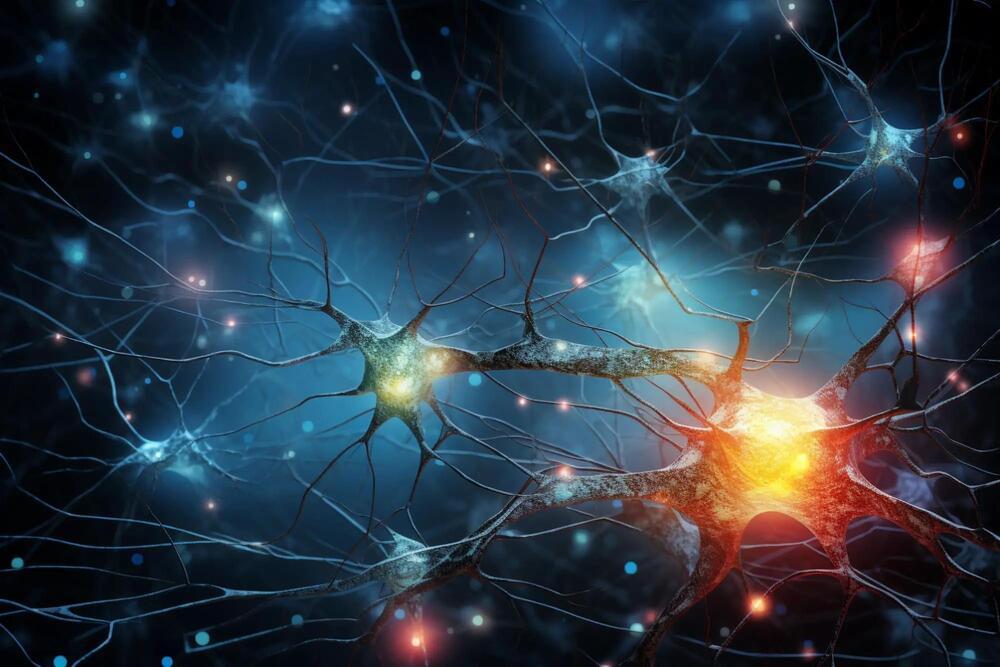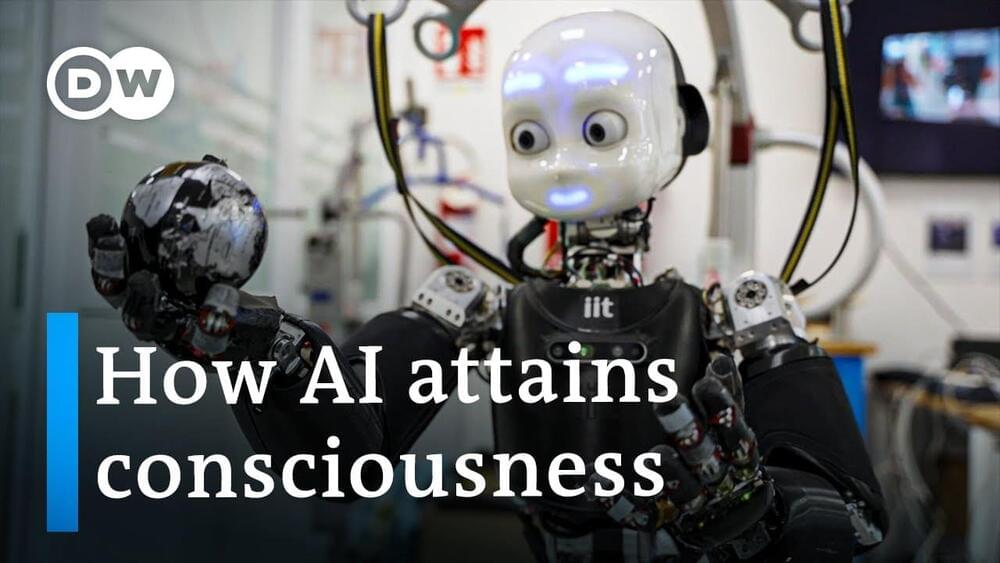Aug 24, 2023
Peter Diamandis: ‘In the next 10 years, we’ll reinvent every industry’
Posted by Omuterema Akhahenda in categories: education, finance, life extension, Peter Diamandis, singularity
Peter Diamandis is best known as the founder of the XPrize Foundation, which offers big cash prizes as an incentive for tech solutions to big problems. The entrepreneur and investor is also co-founder of the Singularity University, a Silicon Valley-based nonprofit offering education in futurology. His new book, The Future Is Faster Than You Think, argues that the already rapid pace of technological innovation is about to get a whole lot quicker.
Do you think people are worried about where technology is going to take us? I can palpably feel how fast things are changing and that the rate of change is accelerating, and I have picked up a growing amount of fear coming from people who don’t understand where the world is going. And that is not good when you’re trying to solve problems. This book is about giving people a roadmap for where things are going over the next decade so they have less fear and more anticipation. Because, yes, in the next 10 years, we’re going to reinvent every industry on this planet, but the change is one that is for the benefit of masses, whether it’s in longevity or food or banking.


















